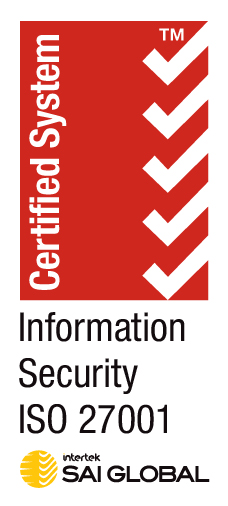Top 8 IT Consulting Trends for 2025
IT consulting in 2025 is driven by trends like AI integration, edge computing, and quantum advancements, helping businesses streamline operations, enhance security, and adopt sustainable practices. By staying ahead of these innovations, consultants empower organisations to remain competitive, adapt to challenges, and leverage emerging technologies for growth. Read More…

.png)








